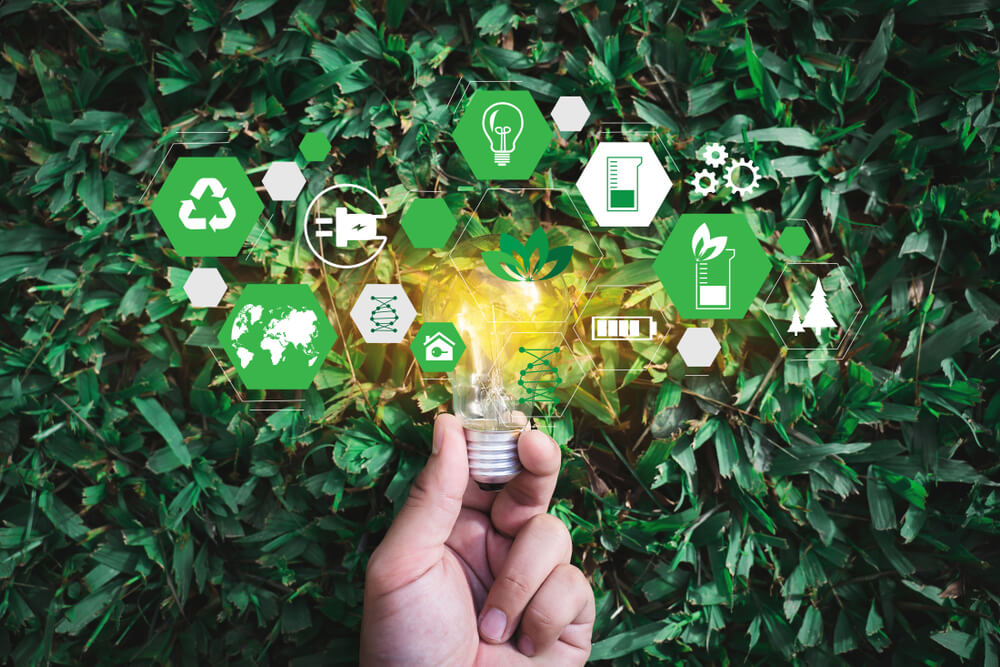

Energy efficiency is a critical concept in today’s world, as it offers a viable solution to the challenges posed by increasing energy demands, environmental degradation, and climate change. This essay explores the importance of energy efficiency, its benefits, and the various strategies and technologies that can be employed to achieve it.
Energy efficiency refers to the optimal utilization of energy resources to achieve desired outcomes while minimizing waste and reducing energy consumption. It involves using less energy to perform the same tasks or achieving the same level of productivity.
a. Environmental Impact: Energy production and consumption are major contributors to greenhouse gas emissions and environmental degradation. By improving energy efficiency, we can reduce our carbon footprint and mitigate the adverse effects of climate change.
b. Resource Conservation: Energy efficiency helps in conserving finite resources such as fossil fuels, which are depleting at an alarming rate. By using energy more efficiently, we can extend the lifespan of these resources and ensure their availability for future generations.
c. Economic Benefits: Energy efficiency can lead to significant cost savings for individuals, businesses, and governments. By reducing energy consumption, we can lower energy bills, increase operational efficiency, and stimulate economic growth through job creation in the clean energy sector.
a. Energy Audits: Conducting energy audits helps identify areas of energy wastage and inefficiency. By assessing energy consumption patterns, organizations and individuals can make informed decisions on implementing energy-saving measures.
b. Energy-Efficient Technologies: Utilizing energy-efficient appliances, lighting systems, and HVAC (heating, ventilation, and air conditioning) systems can significantly reduce energy consumption without compromising performance.
c. Building Design and Retrofitting: Incorporating energy-efficient design principles in buildings, such as proper insulation, efficient windows, and natural lighting, can minimize energy requirements for heating, cooling, and lighting.
d. Behavioral Changes: Encouraging energy-conscious behavior, such as turning off lights when not in use, using energy-saving modes on electronic devices, and optimizing transportation choices, can contribute to energy efficiency on an individual level.
Governments play a crucial role in promoting energy efficiency through policy frameworks and incentives. These can include setting energy efficiency standards, providing financial incentives for energy-efficient upgrades, and implementing energy labeling programs to inform consumers about the energy performance of products.
Advancements in technology have opened up new possibilities for energy efficiency. Smart grids, energy management systems, and renewable energy technologies like solar panels and wind turbines offer opportunities for decentralized energy production and efficient energy distribution.
Energy efficiency is a key component of sustainable development and a crucial tool in mitigating climate change. By adopting energy-efficient practices, technologies, and policies, we can reduce energy consumption, lower greenhouse gas emissions, conserve resources, and create a more sustainable future. Embracing energy efficiency is not only an environmental imperative but also an economic opportunity that can lead to cost savings, job creation, and improved quality of life for all. It is a collective responsibility that requires the collaboration of individuals, businesses, governments, and the global community to achieve a more energy-efficient and sustainable world.